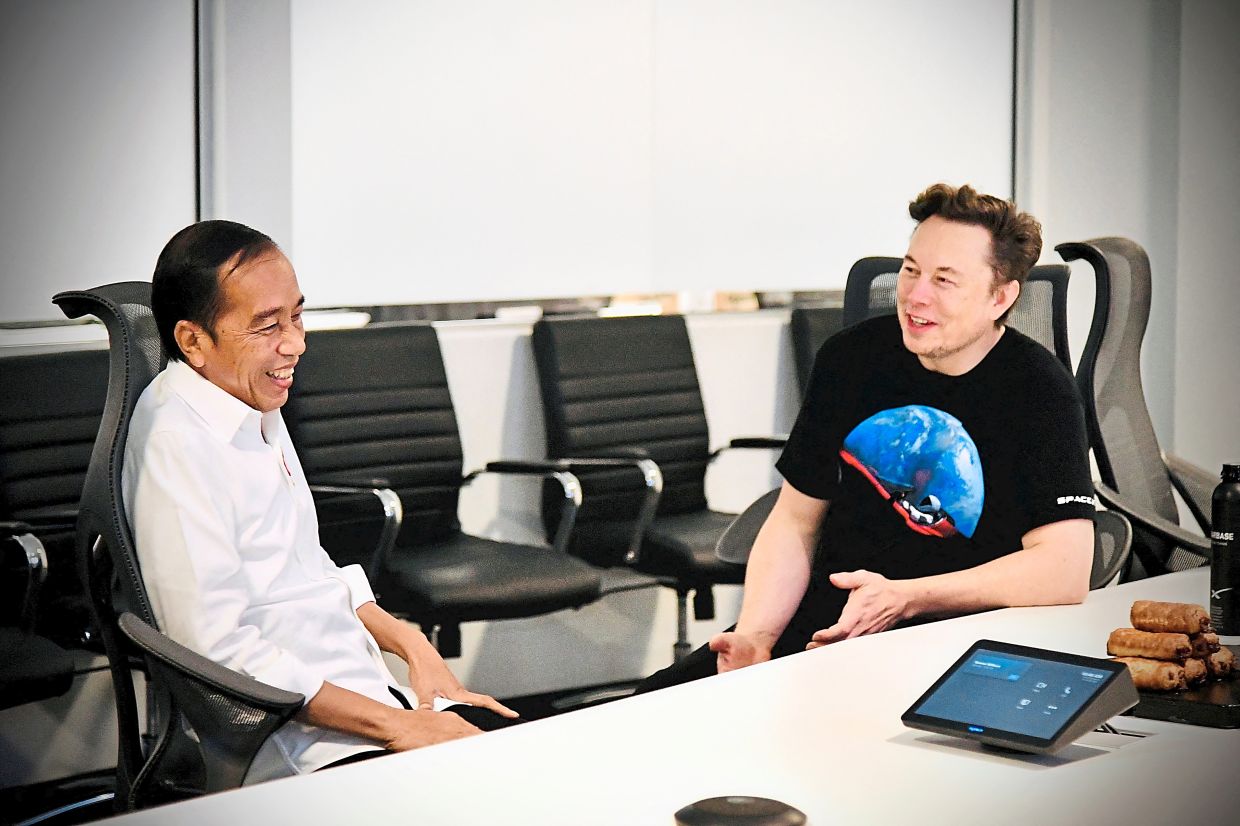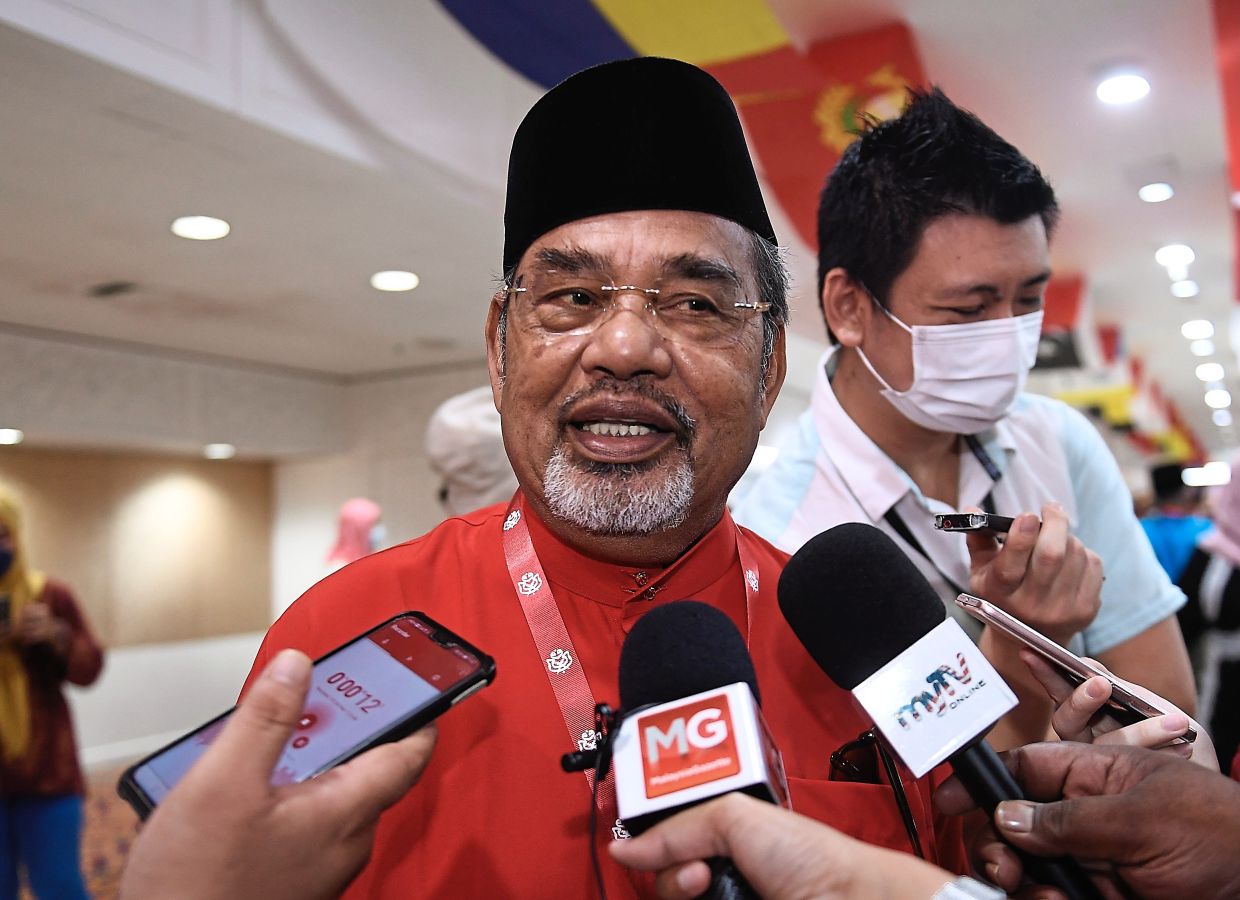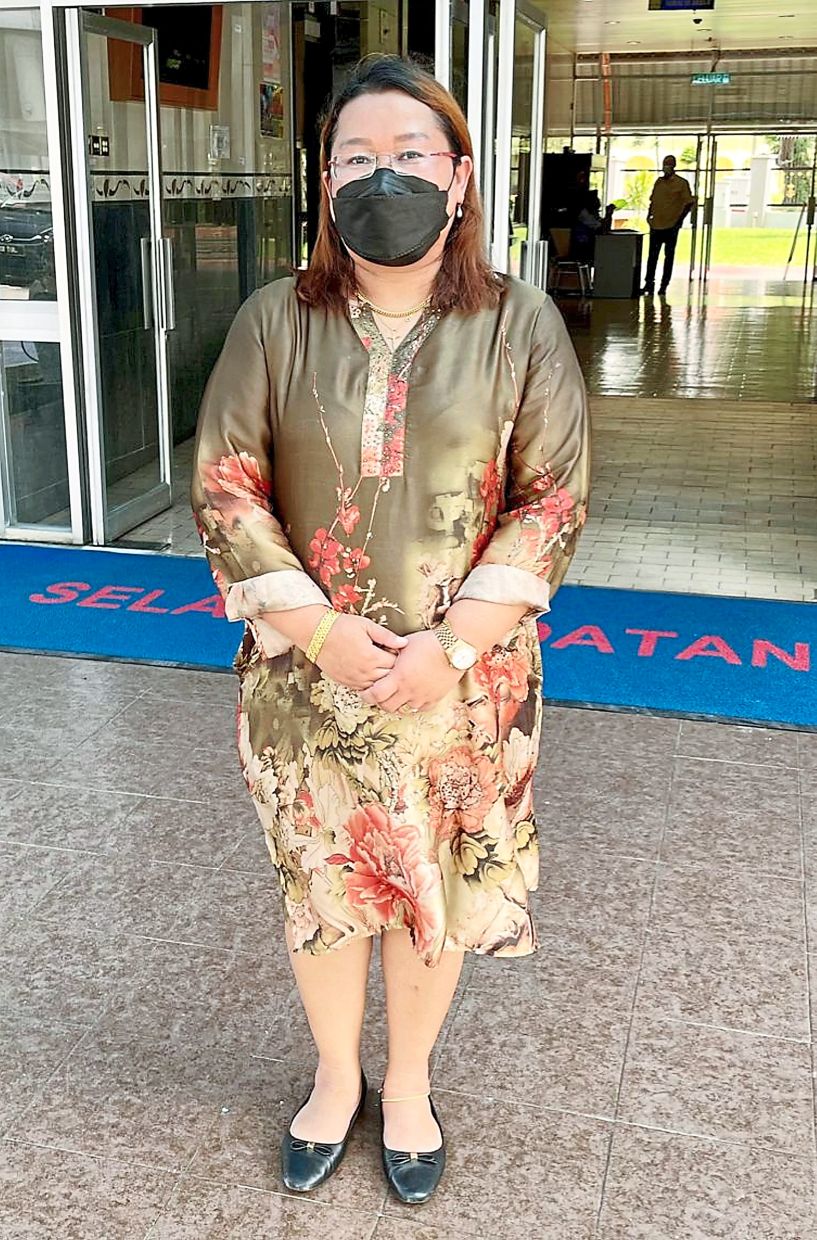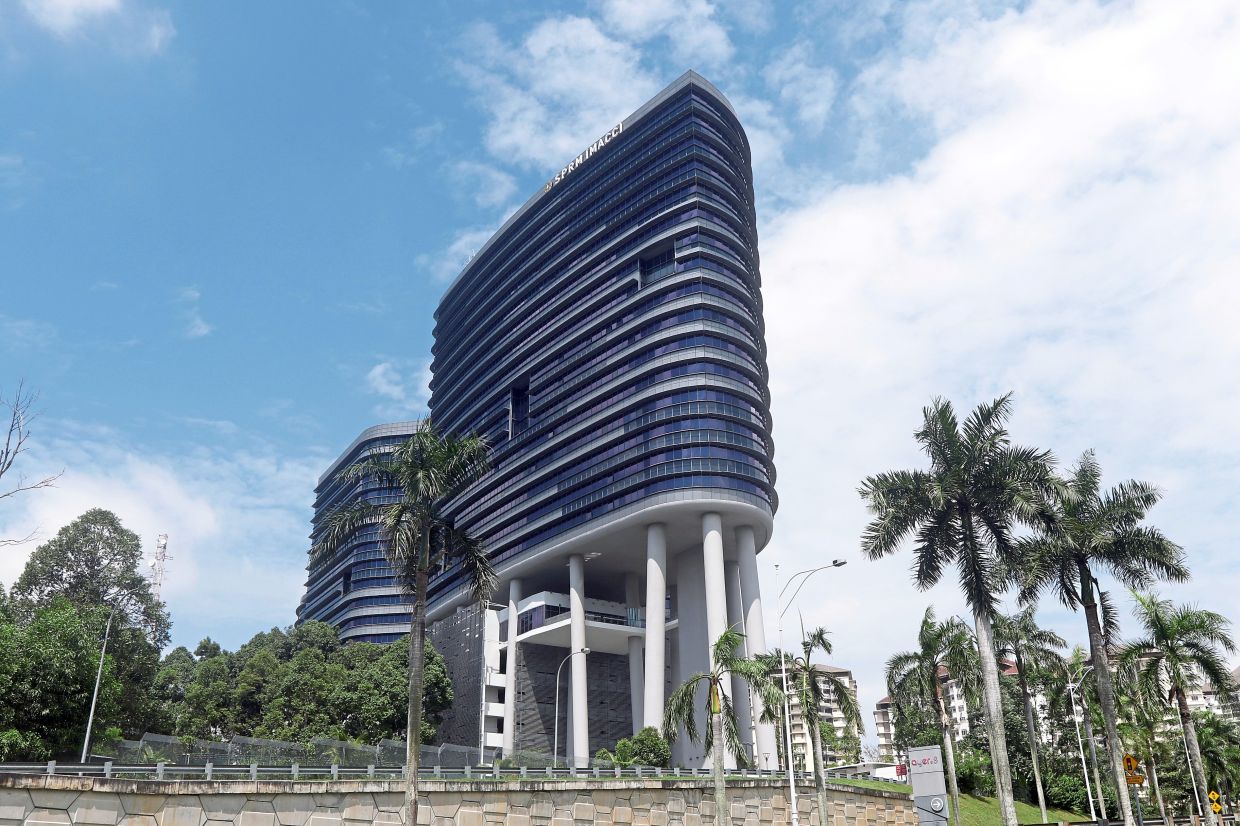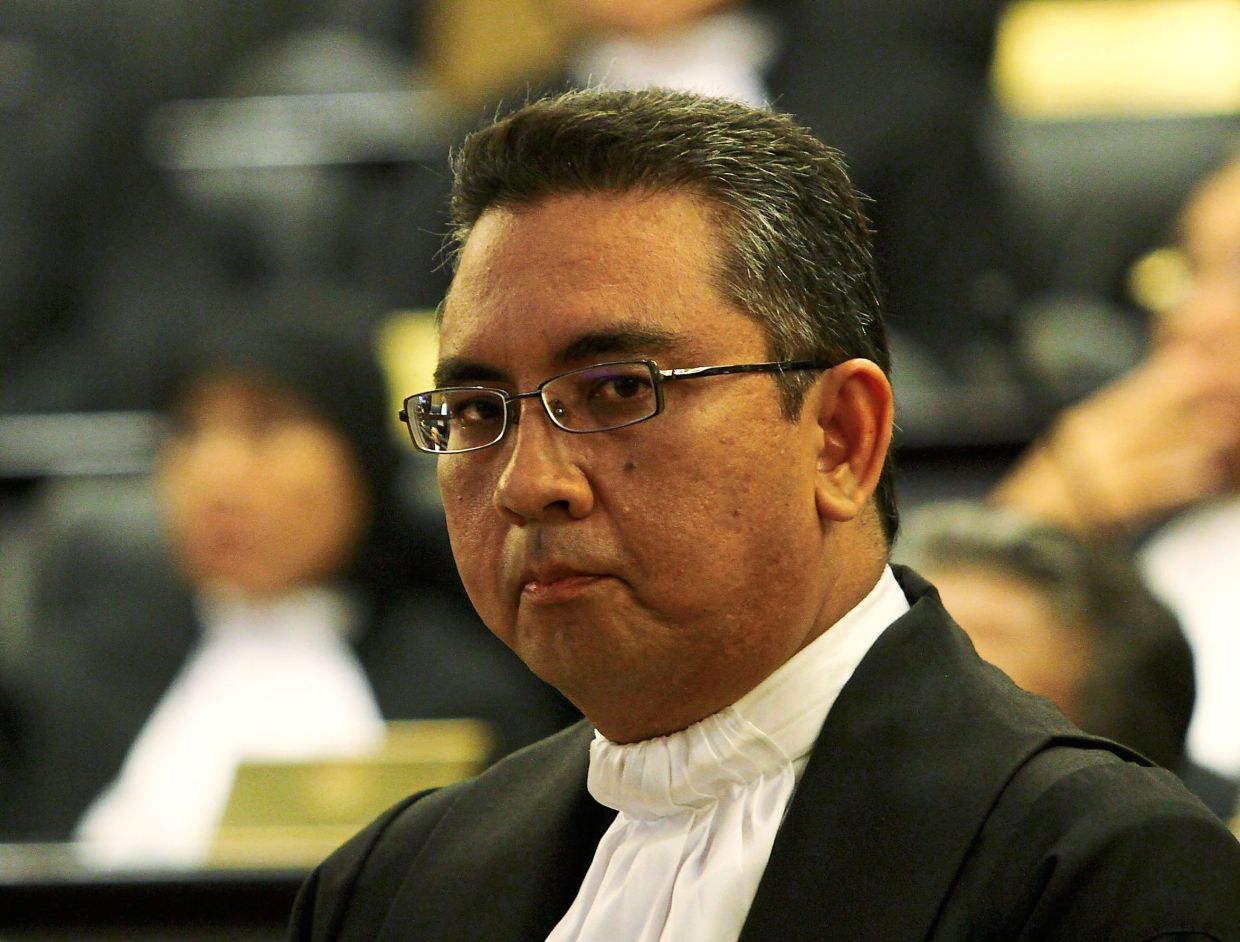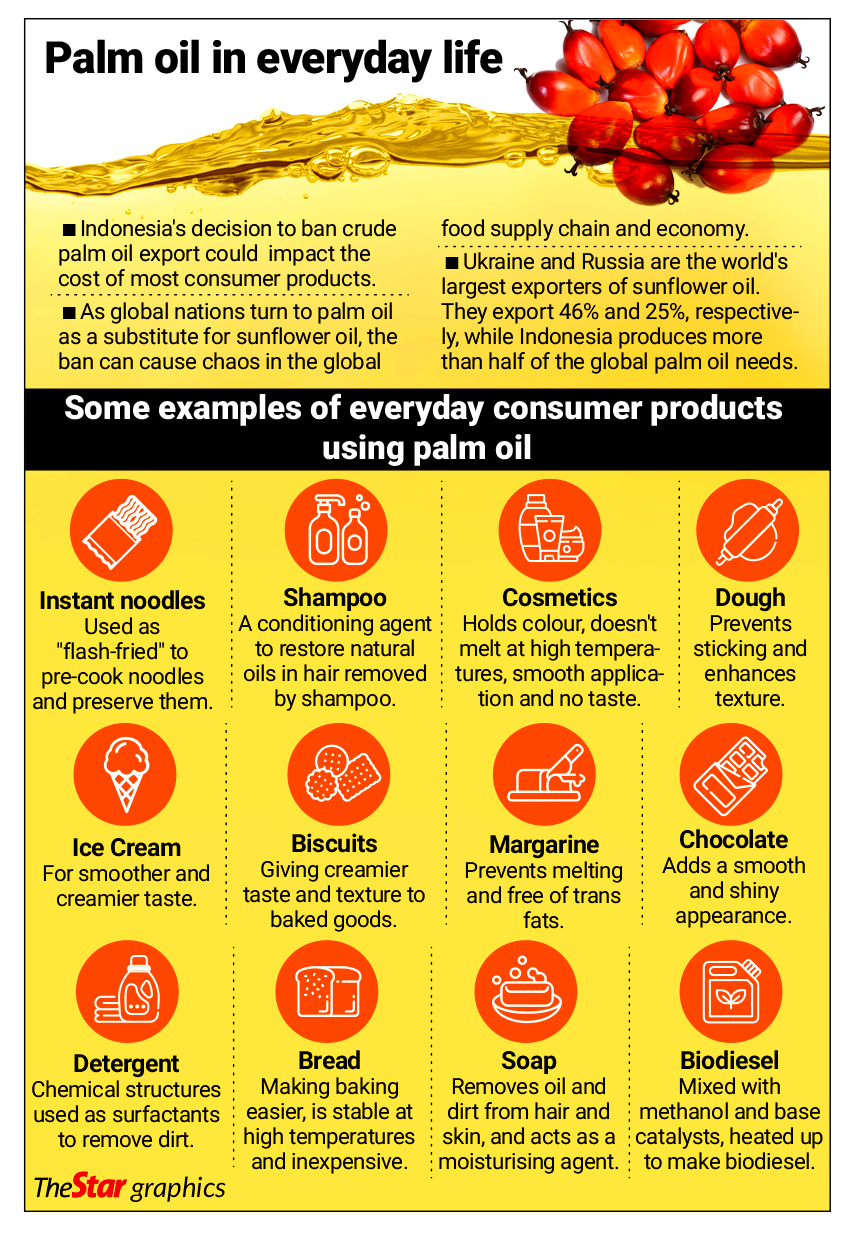KHAIRY Jamaluddin was dressed in a traditional baju Melayu when he addressed the World Health Organisation meeting in Geneva recently. The handsome Health Minister certainly chose the right forum to dress up.
After all, he was elected as one of the five vice-presidents of the United Nations agency responsible for international public health.
He made Malaysia even prouder when he spoke in impeccable English. KJ, as he is popularly known, also cleverly answered questions from journalists.
Khairy reminded me of Tan Sri Razali Ismail, who also wore the baju Melayu when he addressed the UN as the president of its general assembly in 1996.
The charming and suave diplomat, as most of us old enough would remember, delivered his speeches in English.
Both these gentlemen – KJ and Razali – are true Malay heroes. They topped the hierarchy of international organisations because of their leadership abilities, and certainly not because of affirmative actions.
It’s likely Khairy earned the attention of the audience because he spoke in English.
But Razali and KJ’s proficiency in the language didn’t make them any less Malay. Ironically, the nationalistic politicians praised them for their attire but chose to keep mum about them speaking in English.
In Khairy’s case, it wasn’t just English but good, crisp English – the result of his sound education.
Had they spoken in Malay, the impact of their speeches might have been lost, particularly if they had injected British or American humour.
No doubt, the essence and substance of their speeches matter more than the language used, but those of us who must listen to translations would know the monotonous, deadpan voice of the translators can’t match the impact of the delivered language.
It would be lost in translation, as the saying goes. To put it simply, we’d be gobsmacked if we could hear the horrendous errors made.
For the written word, we know different languages have unique grammar and syntax rules, besides differences in spelling, subject-object verb agreement and sentence construction.
Honestly, there’s nothing wrong with our Malaysian politicians speaking in Bahasa Malaysia at international forums. After all, their counterparts from Thailand, Indonesia, South Korea, Vietnam and Japan would probably do so in their national languages.
In fact, it would be better for them to speak in Bahasa Malaysia – and save Malaysia from international embarrassment – if their English is atrocious. We cringe in horror when we hear their poor delivery, and I think they know who they are.
The saving grace is that at least they tried to speak in English, and they could be forgiven since English isn’t their mother tongue.
It has been erroneously pointed out that Singapore Prime Minister Lee Hsien Loong speaks English at international meetings because the republic’s national language is English.
Correction: Malay is Singapore’s official language while English is the working language.
So, advocates of the Malay language as an Asean official language will be pleased to know that they can add Singapore to the list.
But Lee understands that English is the most used international language. There are only six officially recognised international languages in the world and we can argue till the cows come home, but nothing is going to change that. Our national linguistic pride is hardly a concern on the international stage.
No one in his or her right mind can argue the importance of Bahasa Malaysia. Bahasa Melayu is the correct term as it is a Malay language. Likewise, it is the Chinese language – not China or Taiwan language.
While Bahasa Melayu is factually correct, we should try as much as we can to use the linguistic term Bahasa Malaysia, just like our neighbour which sticks to using Bahasa Indonesia. We seemed to interchange too often.
Bahasa Malaysia is used to denote that it’s a unifying language. That will perhaps make some of us understand that Indonesia will always use the term Bahasa Indonesia and not Malay, as it has over 1,000 ethnic groups in the sprawling archipelago.
English has always been an asset to Malaysia. When tourists come to Malaysia, they are relieved that they can comfortably converse with us.
Likewise, investors who pour millions, if not billions, into Malaysia, feel at ease and assured dealing with us because of our English proficiency. Having an established legal system also helps.
So, it’s bizarre when we hear of punitive actions against government officials who use English. Imagine, if you’re from the Foreign Affairs, Tourism, Arts and Culture, or International Trade and Industry Ministries, and you’ve been instructed to use only Bahasa Malaysia.
It defies logic and even puts Malaysia out of reaping its due benefits. English is our competitive edge, and we choose to ignore it.
There is little to gain by politicising the Malay language and proving our Malay-ness because it’s not going to help Malaysia. Instead, other nations will close their doors on us.
Malaysians are beginning to perceive that there is a sudden push for our leaders and officials to use only Bahasa Malaysia because these advocates, in fact, lack the command or confidence in speaking in English.
These leaders have a poor sense of self-esteem, or fail in standing on the global platform, as aptly put by Free Malaysia Today columnist Adzhar Ibrahim.
Their poor command of English scares them as they risk being outshined by the likes of Khairy, Datuk Seri Hishammuddin Hussein, Tengku Datuk Seri Zafrul Abdul Aziz and Datuk Seri Mohamed Azmin Ali, who are comfortable with the language.
Relegating English won’t help our university students one bit. It’s already well known that employers are looking for job seekers who can read and write proper English. Our myopic and selfish politicians are sending the wrong message to these young people.
The public sector is no longer able to absorb more staff into the bloated civil service, where the use of BM can be enforced. But no such rule exists for the private sector.
Even government linked corporations continue to use English. It’s such a waste of time going through this discourse again when our leaders need to attend to more urgent issues such as inflation, cost of living, economic recovery and the weak ringgit. Let’s get our priorities right.
There’s obviously a generational gap as our previous leaders or civil servants were British-trained or studied in MCKK (Malay College Kuala Kangsar) before entering Universiti Malaya.
Datuk Seri Anwar Ibrahim studied Malay in UM but as a Penangite, he was exposed to a diverse society.
But we have come to this now. It’s mind boggling that the Foreign Ministry has been directed to set up a special language and culture unit in every mission abroad to teach the staff’s children Malay. They could, instead, focus on improving the linguistic skills of our diplomats, especially English, when given every opportunity and the resources to do so. To punish civil servants for using English is incredulous.
This should not be a zero-sum game. We live in a multiracial country where Malay, Chinese and Tamil are widely spoken and yet, most of us can only converse in one or two languages.
If Malay is the national language, English is an international language. We should learn Chinese, Bahasa Indonesia and Arabic because we know how important these countries are to us economically.
And here’s the irony – London remains a popular destination for Malaysians, especially our politicians and officials, because they find themselves comfortable in Britain.
The elite happily send their children to private schools and universities, so they can be above the B40 group who are trapped in our politicised institutions and systems.
Britain still retains its charm, and visiting London remains a draw. Obviously, the use of English is one reason. Never mind many of these regular Malaysian political elite visitors choose to remain silent when it comes to the never ending discourse on the use of English or Bahasa Malaysia. As the Britons would say, cor blimey!


